Articles ranging from 250 to 1,500 words that provide a brief overview of a topic or answer a basic question related to the modern State of Israel.

Updated January 5, 2026; originally posted October 2023. By Ken Stein Hamas’ Origins The 1988 Hamas Charter and remarks by its leaders and other publications express hatred of Zionism, Israel and Jews. It is thus unmistakable that Hamas…
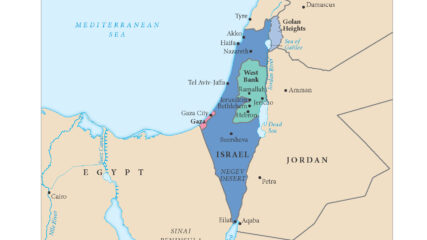
The First Commonwealth: Kingdom of Israel/the United Monarchy (circa 1030-930 B.C.E.) under Kings Saul, David and Solomon. The monarchy split into two kingdoms in 930 B.C.E. The northern Kingdom of Israel endured until 722 B.C.E., when…
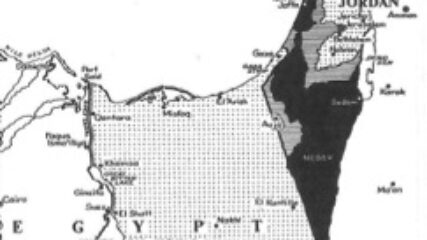
November 29, 1947 Official Records of the General Assembly, Second Session Supplement No. 11,Volumes l-lV. Deteriorating Relationship Between Britain and Palestine The British intention (Peel Report in 1937) to partition Palestine into Arab and…
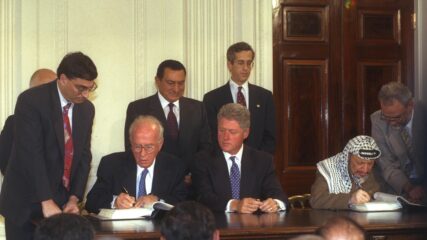
September 28, 1995 After signing the Declaration of Principles (DOP) on Interim Self-Government Arrangements, commonly known as the Oslo Accords, on September 13, 1993, Israel and the PLO reached three additional interim agreements before Oslo…
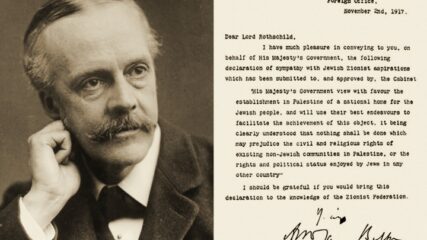
November 2, 1917 The Balfour Declaration was the Jewish charter that Herzl failed to obtain from the Ottoman sultan 20 years earlier. The terms were included in the preamble of the Palestine Mandate’s Articles in…

April 15, 2025 Dr. Eli Sperling © Center for Israel Education, 2025 Israeli music offers a powerful lens through which we can understand the country’s cultural and political evolution, serving as both a unifying force…
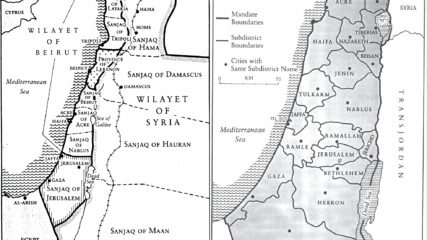
When the British and the French decided on the borders of some modern Middle Eastern states in the Levant in the 1915-1922 period, no Palestinian, Syrian, Iraqi, Jewish, Lebanese or Jordanian state existed. Before the…

From Ancient Times to the 19th Century The bond between the Jewish people and the Land of Israel is one of the most enduring in human history. Since the Roman destruction of the Second Temple…
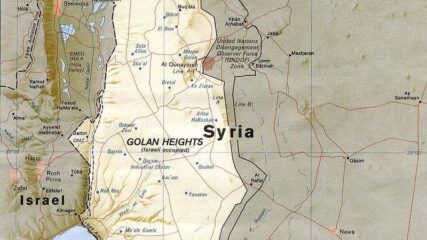
Before Israel’s establishment, Zionists in Palestine had contacts with Lebanese and Syrian officials, seeking information about anti-Zionist attitudes and understanding of these Arab states’ military capabilities against Israel’s establishment and survival. Since 1949 and the…
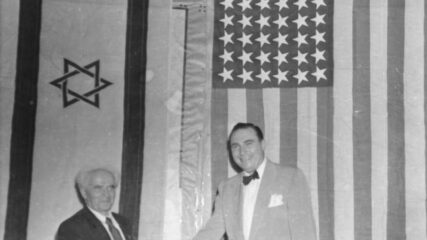
Jews always have bound themselves together by committing to Torah values, taking care of one another, adapting to new settings, coping with persistently precarious living environments, and finding leaders who looked past immediate obstacles to…

A major objective of Zionism and Israel remains the “normalization” of the Jewish people in a secure territory of their own. As a worldwide minority through the ages, Jews have lobbied and negotiated with stronger…

Diversity is one of Israel’s most distinctive features. Finding common ground on sacred ground, Israeli Jews have returned to their homeland from more than 100 countries, forming a population of diverse culture, religious observance and…

Jewish-majority self-rule existed in Eretz Yisrael during the First and Second Jewish Commonwealths, 1020 to 586 B.C.E. and 538 B.C.E. to 70 C.E., respectively. Then living for centuries as minorities throughout Europe, the Middle East…

The U.N. partition resolution in 1947 cleared the way for Israel to declare independence six months later, but since then the United Nations has largely been antagonistic and condemnatory toward Israel and a tool for the Palestinians and Israel’s enemies.
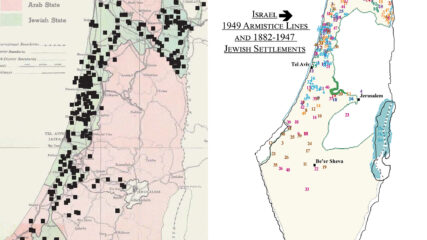
By Ken Stein and Scott Abramson, March 23, 2025 Zionist/Jewish Economic Development in Palestine Before 1948 Jewish physical growth in Mandatory Palestine in the period known as the New Yishuv was sufficient through land acquired…

By Scott Abramson and Ken Stein In his famous 2004 essay “Between Right and Right,” Israel’s most celebrated novelist, Amos Oz, reflects on Israeli society, summing up his fellow citizens with this appraisal: “What we,…

Historical Background Unlike any other region of the world, Europe has had the most intimate, impactful and longest-lasting relationship with contemporary Israel and its origins. As the birthplace of Judaism and Christianity and with the…

Some ancestors of modern Palestinians and Israeli Arabs, like those of Israeli Jews, lived in the Land of Israel millennia ago, but most came to the area when Muhammad’s successors took Jerusalem and settled there…
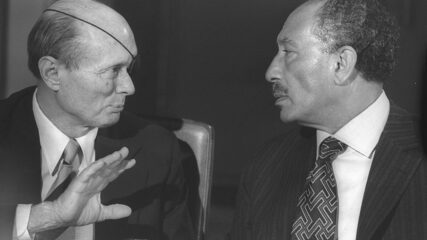
By Ken Stein, October 28, 2024 When Georgia Governor Jimmy Carter became the 39th President of the United States in 1977, he had little foreign policy experience, particularly regarding the Arab-Israeli conflict. Despite this, he…

April 14, 2025 The period of the New Yishuv lasted from the last 40 years of Ottoman rule in Palestine through the British Mandate until the establishment of Israel in 1948. It saw the growth…

From biblical times to the present, Jews and Judaism have had an unbroken connection to Zion, a reference to Eretz Yisrael, the Land of Israel, derived from the hill at the heart of Jerusalem. Zionism…

Scott Abramson, November 2023 Throughout the history of their diaspora, the Jewish people had represented the definitive nation-in-exile and the quintessential minority, “the minority par excellence,” as philosopher Hannah Arendt described them. Jews had even…
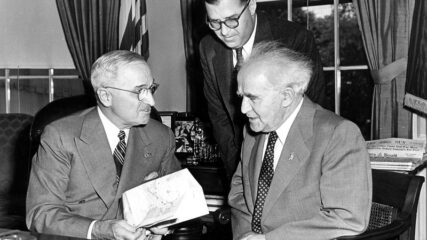
Otherwise known as Israel’s War of Independence, or, “the nakbah” or disaster to the Arab world because a Jewish state was established, the war was fought between the newly established Jewish state of Israel opposed by Palestinian irregulars, and armies from five Arab states. Official beginning of the war is usually given as May 14, 1948, the date Israel declared itself an independent Jewish state, but the war’s first of four phases began in November 1947. Lasting for two years, the war ended with armistice agreements signed in 1949 between Israel and four Arab states.
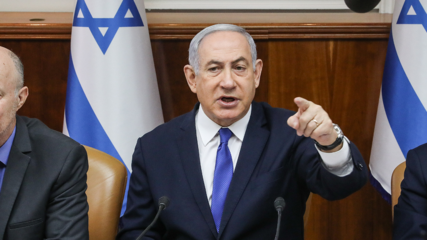
Everything You Always Wanted to Know about Immunity for the Prime Minister—IDI experts explain Israel’s immunity law, what happens when it’s requested and what the implications may be for the political system.
























